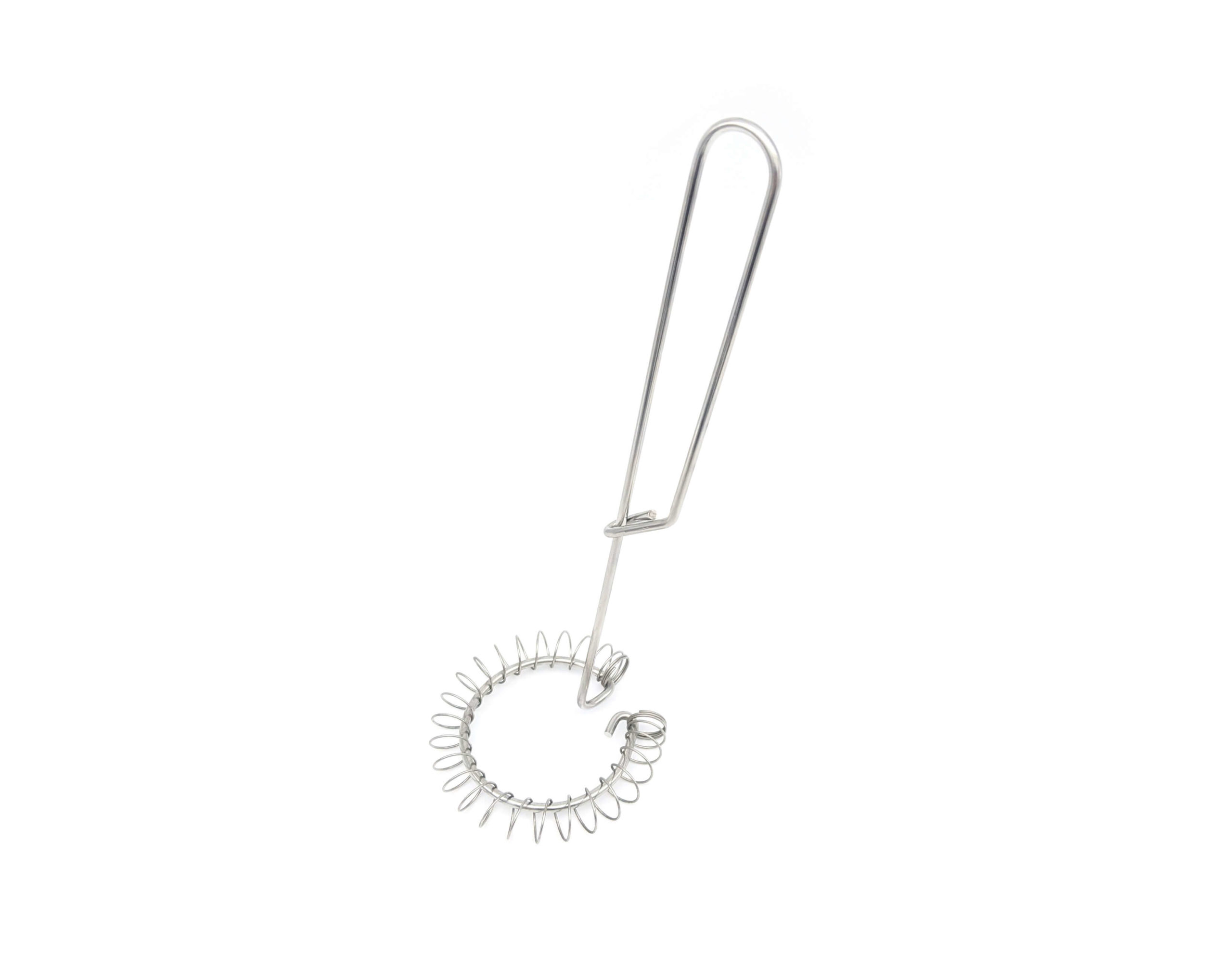Get unique, complex parts easily. No matter your requirements, Chaoyi Spring creates hard-to-produce coil springs and wire forms.
Let us help you create the custom wire form you need, from S-hooks and J-hooks to utility hooks and more.
We work closely with customers across a wide range of industries, helping them design and manufacture made-to-order parts.
Why choose Chaoyi Spring? We prioritize customer-focused collaboration, modern equipment and the latest technology to make your parts per print.
Find the information and guidance you need, from measuring a spring to learning about materials, placing an order and much more.
When it comes to vehicle suspension systems, torsion bars and coil springs are two popular choices. Both systems offer a smooth and comfortable ride, but they differ in their design,


When it comes to vehicle suspension systems, torsion bars and coil springs are two popular choices. Both systems offer a smooth and comfortable ride, but they differ in their design, performance characteristics, and suitability for different vehicles. This article will delve into the key differences between torsion bars and coil springs, exploring their advantages, disadvantages, and application scenarios. Ultimately, understanding these differences can help you determine which suspension system is best suited for your needs and driving preferences.

Torsion bars are essentially long, solid steel rods that twist under load. They are typically mounted horizontally, with one end fixed to the vehicle's frame and the other end connected to the suspension control arm. As the wheel moves up and down, the torsion bar twists, providing resistance to the movement and controlling the vehicle's ride height.
Torsion bars are known for their simplicity and durability. They are often favored in vehicles where space is limited, such as trucks and SUVs, as they require less vertical space compared to coil springs. Their inherent stiffness also contributes to a more controlled ride, particularly at higher speeds.
However, torsion bars have some drawbacks. One notable limitation is their fixed spring rate. The stiffness of a torsion bar cannot be easily adjusted, which can make it difficult to achieve the desired ride quality for different loads or driving conditions. Additionally, replacing or repairing torsion bars can be more complex and expensive compared to coil springs.
Coil springs, as the name suggests, are helical springs that are mounted vertically around a shaft. They work by compressing and expanding as the wheels move up and down, providing suspension. They are commonly found in passenger cars, sports cars, and some light trucks.
Coil springs offer several advantages, including their adjustable spring rate. This versatility allows for a more tailored ride, allowing you to adjust the stiffness based on the type of driving you do. Furthermore, coil springs are generally easier to replace or modify, making maintenance and upgrades more accessible. The wide availability of different types of coil springs also allows for customization based on specific vehicle needs.
Despite their advantages, coil springs have some limitations. They require more vertical space in the suspension system, which can be a concern in vehicles with limited cargo space. Additionally, coil springs can sometimes be prone to sag over time, particularly under heavy loads, leading to a less responsive ride.
To better understand the pros and cons of each system, let's consider a side-by-side comparison of torsion bars and coil springs:
The choice between a torsion bar and a coil spring suspension system ultimately depends on your individual needs and priorities. If you prioritize a stiff ride, handling, and limited vertical space, torsion bars may be a suitable option, particularly for heavy-duty vehicles. However, if you value adjustability, ease of maintenance, and a more comfortable ride, coil springs are likely a better choice, especially for passenger cars and light trucks.
Ultimately, the best way to determine the ideal suspension system is to consider the specific vehicle, its intended use, and your personal driving preferences.
In conclusion, both torsion bars and coil springs offer unique advantages and disadvantages, making them suitable for different applications. Ultimately, the decision boils down to prioritizing your needs and choosing the system that best aligns with your vehicle and driving style. Whether you're seeking a controlled ride with torsion bars or a more adaptable experience with coil springs, understanding the nuances of each suspension system can help you make an informed choice.
Browse some of the custom wire forms and springs that we manufacture. Don’t see what you need? We specialize in made-to-order products that meet your application requirements.
Visit Our GalleryNeed a custom wire form or coil spring? We make it work. Fill out the contact form and a representative will respond within 1 business day. If you have a PDF or CAD file, you can submit to request a quote.